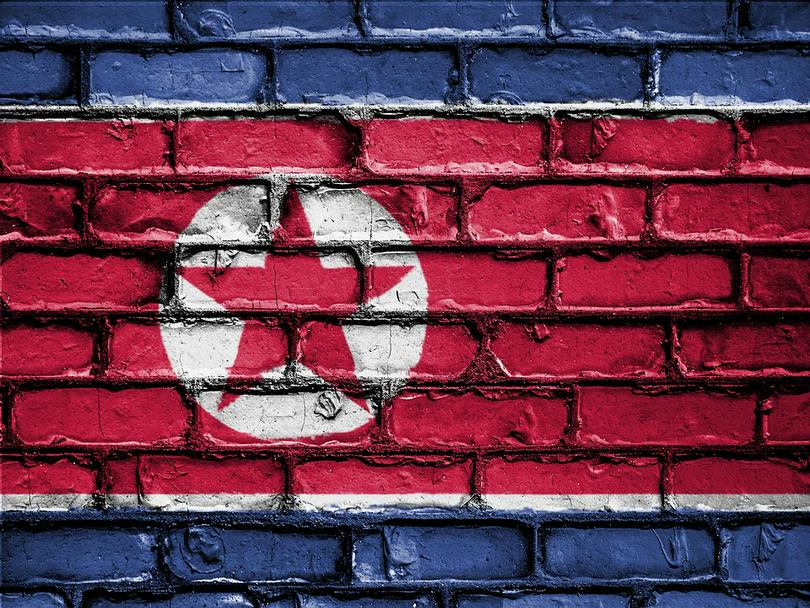On Friday, the United Nations Security Council adopted new sanctions on North Korea after the country launched its latest intercontinental ballistic missile test and experts say the sanctions may seriously hit the country's already struggling economy.
The new resolution seeks to ban nearly 90% of refined petroleum products exported to North Korea, capping them to only 500,000 barrels per year and as an added change in the demands, the diplomats demand the repatriation of North Koreans working abroad within 24 months instead of the 12 months proposed originally.
The US-drafted resolution would also cap off crude oil supplies to North Korea at 4 million barrels a year. China is also being called upon by the US to limit its oil supply sent to its neighbor and ally.
According to Japan's ambassador to the UN, who currently serves as the president of the SC this month, the resolution passed by a vote of 15 to 0.
According to the US Ambassador to the UN Nikki Haley, "It (the resolution) sends the unambiguous message to Pyongyang that further defiance will invite further punishments and isolation."
The latest intercontinental missile test done by North Korea happened on November 29 and the country claims it can target any location in the US mainland and withstand reentry to the Earth's atmosphere.
It had also called for the halt of what they say is "brutal sanctions" after a previous set of sanctions imposed in the country after its September 3 test constituted genocide.
The country had also regularly threatened they would destroy South Korea, Japan and the United States and continue to claim that the weapons program is necessary to counter US aggression.
The US continues to stress out that they are looking for a diplomatic solution, but the new sanctions aims to increase the pressure on North Korean leader Kim Jong Un.
Experts, such as NK News columnist Peter Ward, say that the sanctions can cripple North Korea's economy. Ward, in his interview with Reuters, said that the capping of oil to the country may affect its haulage industry, civilian life and state-owned enterprise activity. Repatriation of its foreign workers may also cut down vital sources of foreign currency and investment to the country's market economy.
In China's end, it has supported several UN sanctions towards North Korea, but had resisted past calls to cut off supplies to the country.








